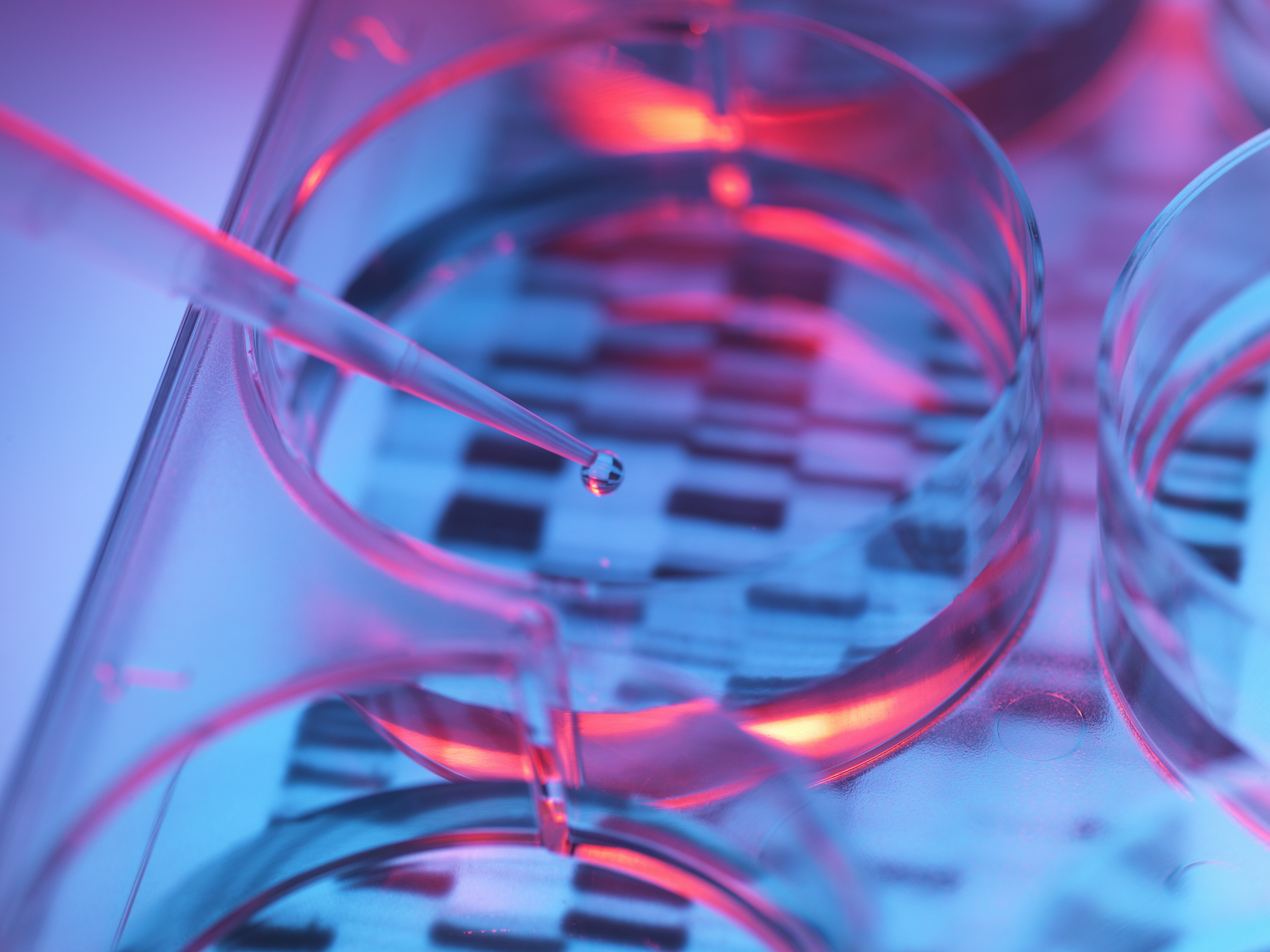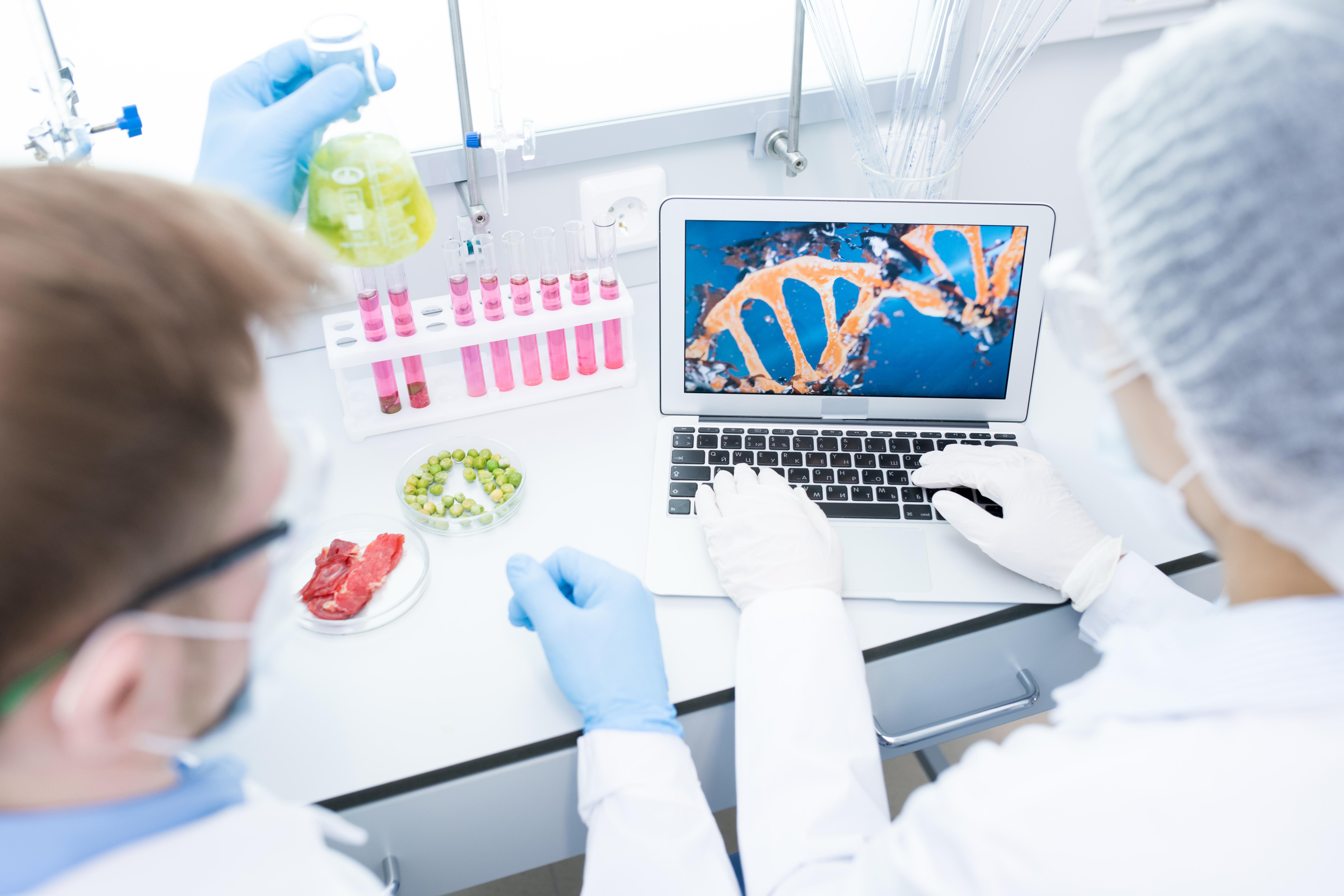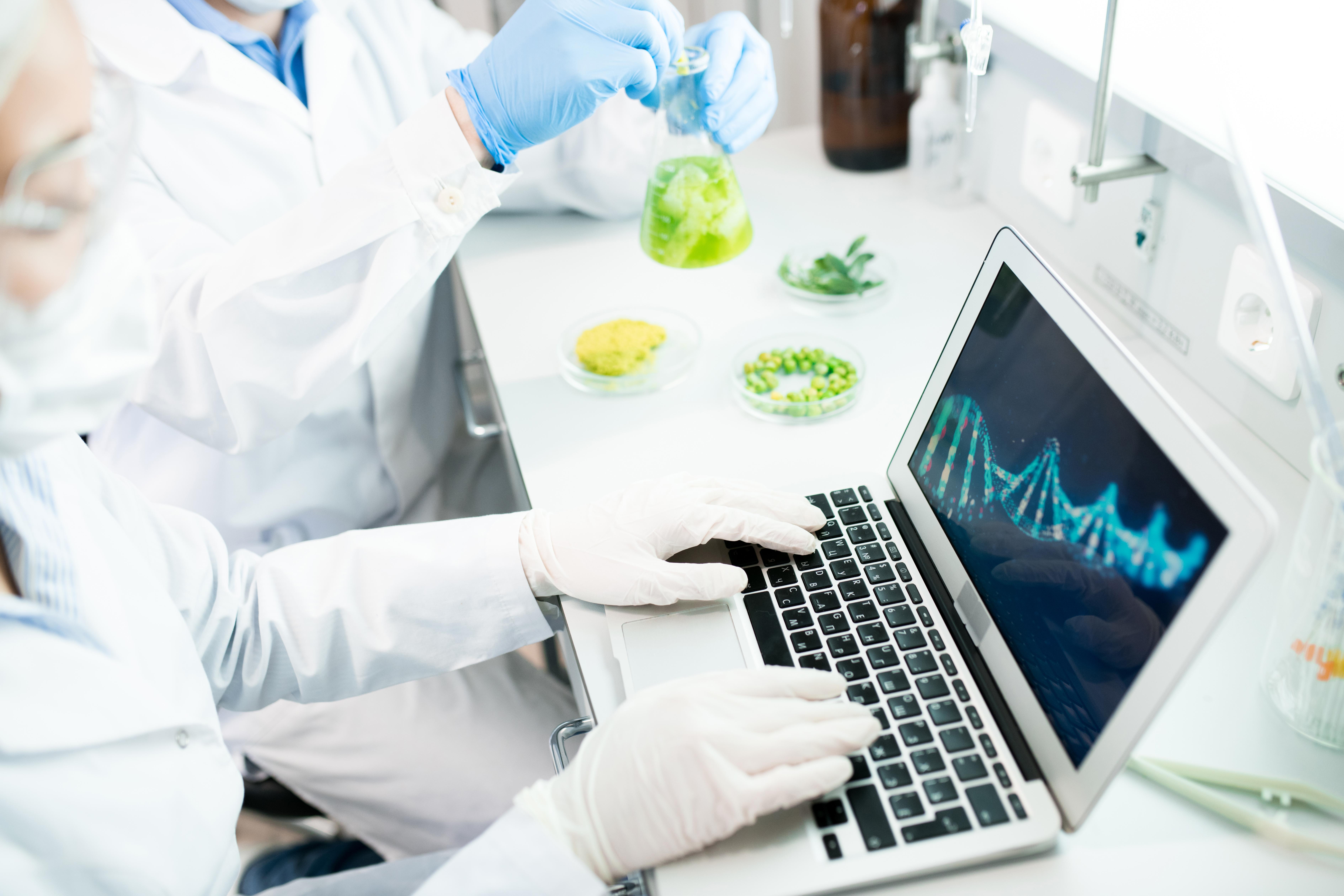11 Genetic Diet Hacks: How to Eat for Your DNA for Optimal Health
Understanding the intricate dance between our genes and the food we consume is a burgeoning field known as nutrigenomics. This scientific discipline explores how individual genetic variations affect our nutritional needs and responses to different diets. The concept of eating for your DNA is rooted in the idea that our genetic makeup can guide us toward dietary choices that optimize health, prevent disease, and enhance overall well-being. As we delve into the world of genetic diet hacks, we will explore how personalized nutrition can transform our approach to eating, offering a tailored path to optimal health that respects the unique genetic blueprint of each individual.
1. Decoding Your DNA: The Foundation of Personalized Nutrition

To harness the power of genetic diet hacks, understanding your genetic makeup is crucial. Genetic testing can reveal specific variations, known as single nucleotide polymorphisms (SNPs), that influence how your body processes nutrients, metabolizes fats, and responds to different foods. These insights can highlight predispositions to certain conditions, such as lactose intolerance or gluten sensitivity, and guide dietary adjustments. By decoding your DNA, you gain a personalized map that informs which foods are beneficial or detrimental, allowing you to craft a diet that aligns with your genetic strengths and vulnerabilities, ultimately paving the way for a healthier lifestyle.
2. The Role of Epigenetics: Beyond Genetic Predispositions

While genetics provides a blueprint, epigenetics illustrates how lifestyle and environmental factors can modify gene expression without altering the DNA sequence itself. Diet is a significant epigenetic factor, capable of switching genes on or off, thereby influencing health outcomes. Nutrients and bioactive compounds in foods can trigger epigenetic changes that impact metabolism, inflammation, and disease risk. Understanding epigenetics empowers individuals to make dietary choices that not only complement their genetic predispositions but also actively shape gene expression, offering a dynamic approach to health that goes beyond static genetic information.
3. Macronutrient Metabolism: Tailoring Carbs, Proteins, and Fats

Genetic variations can significantly impact how efficiently your body metabolizes macronutrients—carbohydrates, proteins, and fats. For instance, some people may have a genetic predisposition to better metabolize fats, making a higher-fat diet more suitable, while others may benefit from a diet richer in carbohydrates or proteins. Understanding these genetic influences allows for the customization of macronutrient ratios in your diet, optimizing energy levels, supporting weight management, and reducing disease risk. Tailoring your macronutrient intake to your genetic profile ensures that your diet is not only balanced but also aligned with your body's unique metabolic needs.
4. Vitamin and Mineral Needs: Personalizing Micronutrient Intake

Genetic differences can also dictate how efficiently your body absorbs and utilizes vitamins and minerals. For example, certain genetic variants may affect vitamin D metabolism, necessitating higher intake or supplementation for optimal health. Similarly, variations in genes related to iron absorption can influence dietary needs to prevent anemia. By understanding your genetic predispositions regarding micronutrient metabolism, you can tailor your diet to ensure adequate intake of essential vitamins and minerals, supporting immune function, bone health, and overall vitality. Personalized micronutrient strategies can prevent deficiencies and optimize health outcomes based on individual genetic profiles.
5. The Impact of Genetics on Food Sensitivities and Allergies

Food sensitivities and allergies can significantly impact dietary choices and overall health. Genetic testing can identify predispositions to common sensitivities, such as lactose intolerance or gluten sensitivity, allowing for proactive dietary adjustments. Understanding these genetic factors can help avoid adverse reactions, such as digestive discomfort or inflammation, and guide the selection of suitable alternatives. By aligning your diet with your genetic predispositions regarding food sensitivities, you can enhance digestive health, reduce inflammation, and improve quality of life, ensuring that your dietary choices are both safe and nourishing.
6. Weight Management: Genetic Insights into Body Composition

Weight management is a complex interplay of genetics, environment, and lifestyle. Certain genetic variants can influence appetite regulation, fat storage, and energy expenditure, affecting an individual's propensity to gain or lose weight. By understanding these genetic factors, individuals can adopt strategies that align with their genetic predispositions, such as focusing on specific macronutrients or incorporating particular types of physical activity. This personalized approach to weight management not only enhances the effectiveness of dietary interventions but also supports sustainable lifestyle changes, promoting a healthy body composition and reducing the risk of obesity-related diseases.
7. Cardiovascular Health: Eating for Your Heart's Genetic Blueprint

Cardiovascular health is profoundly influenced by both genetic factors and dietary choices. Genetic variations can affect cholesterol metabolism, blood pressure regulation, and inflammatory responses, impacting heart disease risk. By identifying these genetic predispositions, individuals can tailor their diets to support cardiovascular health, such as incorporating heart-healthy fats, reducing sodium intake, or increasing antioxidant-rich foods. Personalized dietary strategies can mitigate genetic risks and promote heart health, offering a proactive approach to preventing cardiovascular diseases and enhancing longevity.
8. Mental Health and Nutrition: The Genetic Connection

The relationship between nutrition and mental health is increasingly recognized, with genetics playing a pivotal role. Genetic variations can influence neurotransmitter synthesis, impacting mood regulation and mental well-being. Nutrients such as omega-3 fatty acids, B vitamins, and antioxidants are vital for brain health, and understanding genetic predispositions can guide dietary choices that support mental health. By aligning nutrition with genetic insights, individuals can enhance cognitive function, reduce the risk of mental health disorders, and promote emotional resilience, fostering a holistic approach to well-being that encompasses both body and mind.
9. Athletic Performance: Fueling Your Genetic Potential

Athletic performance is not solely determined by training and dedication; genetics also play a critical role. Genetic variations can influence muscle fiber composition, oxygen utilization, and recovery rates, affecting an individual's athletic potential. By understanding these genetic factors, athletes can tailor their nutrition to support performance goals, such as optimizing protein intake for muscle repair or adjusting carbohydrate consumption for endurance. Personalized nutrition strategies can enhance training outcomes, reduce injury risk, and maximize athletic potential, allowing individuals to achieve peak performance by fueling their bodies in harmony with their genetic makeup.
10. Longevity and Aging: Dietary Strategies for Genetic Resilience

Longevity and healthy aging are influenced by a complex interplay of genetic and environmental factors. Certain genetic variants can affect cellular repair mechanisms, oxidative stress responses, and metabolic pathways, impacting aging processes. By understanding these genetic predispositions, individuals can adopt dietary strategies that promote longevity, such as incorporating antioxidant-rich foods, reducing calorie intake, or emphasizing nutrient-dense meals. Personalized nutrition can enhance genetic resilience, supporting healthy aging and reducing the risk of age-related diseases, ultimately contributing to a longer, healthier life.
11. The Future of Nutrigenomics: Innovations and Possibilities

The field of nutrigenomics is rapidly evolving, with advancements in genetic testing and data analysis paving the way for more precise and accessible personalized nutrition. As research continues to uncover the complex interactions between genes and nutrients, new opportunities for optimizing health through tailored dietary interventions emerge. The integration of artificial intelligence and machine learning in nutrigenomics holds the promise of refining predictive models and expanding our understanding of genetic influences on nutrition. The future of nutrigenomics offers exciting possibilities for individualized health optimization, empowering individuals to make informed dietary choices based on comprehensive genetic insights.
Embracing a Personalized Path to Health

The exploration of genetic diet hacks reveals the profound potential of personalized nutrition to transform health and well-being. By understanding and embracing the unique genetic blueprint that shapes our nutritional needs, we can make informed dietary choices that optimize health, prevent disease, and enhance quality of life. The integration of genetic insights into nutrition empowers individuals to take control of their health journey, fostering a proactive approach to wellness that respects the individuality of each person. As we continue to unravel the complexities of nutrigenomics, the promise of eating for your DNA becomes an attainable reality, offering a personalized path to optimal health.